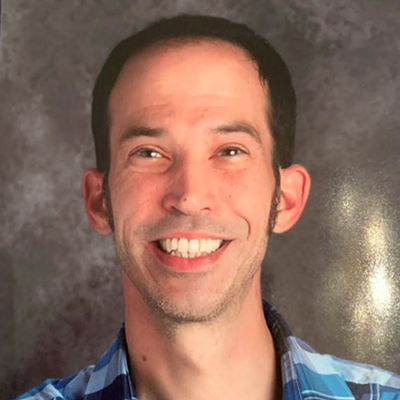
Workshop Topic Detail
Bridging the Great Divide: Creating an Equitable and Comprehensive Academic Support Model in the Classroom
Since the founding of the first American community college in 1901, community colleges have served the important purpose of bridging the gap between the academic skills students bring to the table and the academic rigor required to be successful in college. Although research has indicated a positive correlation between academic support and learning, many students are unable to take advantage of such services due to outside obligations such as family care or work, being unaware that such services exist, or because they’re afraid of being deemed inferior for needing extra help. Due to these obstacles, it is imperative that educators tailor their curriculum to the needs of their students. As part of this workshop, participants discuss current college degree completion rates and retention data; review psychological, college student development, and student success theories to explore the importance of holistic learning (i.e., learning that focuses on the entire student); investigate obstacles and challenges that college students face that impact academic success; and construct classroom written and interactive activities, data collection methods, instructional techniques, and curriculum design ideas to increase student success rates and create a sense of belonging in the classroom.
By the end of this workshop, participants know or will be able to:
- Comprehend and acknowledge student challenges and obstacles that impact academic performance and college completion rates (i.e., lack of academic preparedness, mental health difficulties, lack of financial support, familial needs, etc.).
- Understand the concept and implications of implicit and explicit bias and discrimination and develop activities aimed at decreasing such beliefs and behaviors.
- Use psychological, student success, and college student development theories to guide teaching practice.
- Acknowledge the importance of holistic learning and development (i.e., learning that focuses on the student as an individual) in the classroom.Strategically weave campus academic and student support services into the curriculum.Develop engaging activities and lesson plans aimed at increasing student motivation and relationship building.Implement easy-to-use classroom evaluations to gain student feedback and enhance the classroom experience using quantitative and qualitative data methodology.Implement an equitable and comprehensive academic support model in the classroom.
Plans for Audience Participation and Interaction:
Participants engage in the following activities: Surveys, videos, storytelling and reflection, full-group activities, assessments, small-group discussions, vignettes, and check-ins.
Facilitator(s)

Dr. Tyson Holder is a nationally certified school psychologist, public speaker, author, and adjunct psychology instructor at the College of DuPage. He obtained his Ed.D. (educational leadership and administration and educational psychology) from the University of Missouri-St. Louis and his Ed.S. (school psychology) and M.S. (college student affairs) from Eastern Illinois University. Dr. Holder has more than 15 years of higher education experience, working in a variety of student and academic support roles (i.e., tutoring, Student Support Services-TRiO programs, and multicultural enrichment programing). Dr. Holder has published research regarding college student retention and persistence efforts at the community college level and is the author of Changing the Tide: Increasing Student Retention by Acknowledging Race and Unconscious Bias and Surviving College: 7 Tools for Success.

